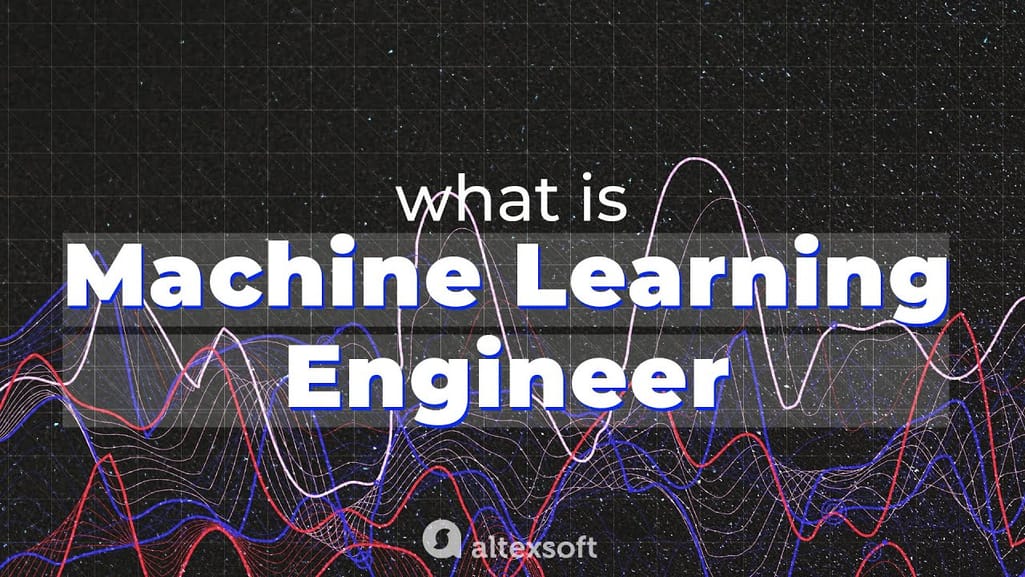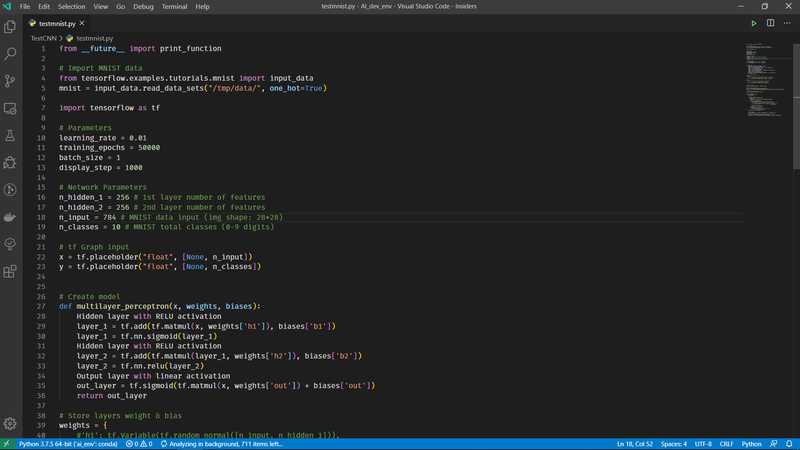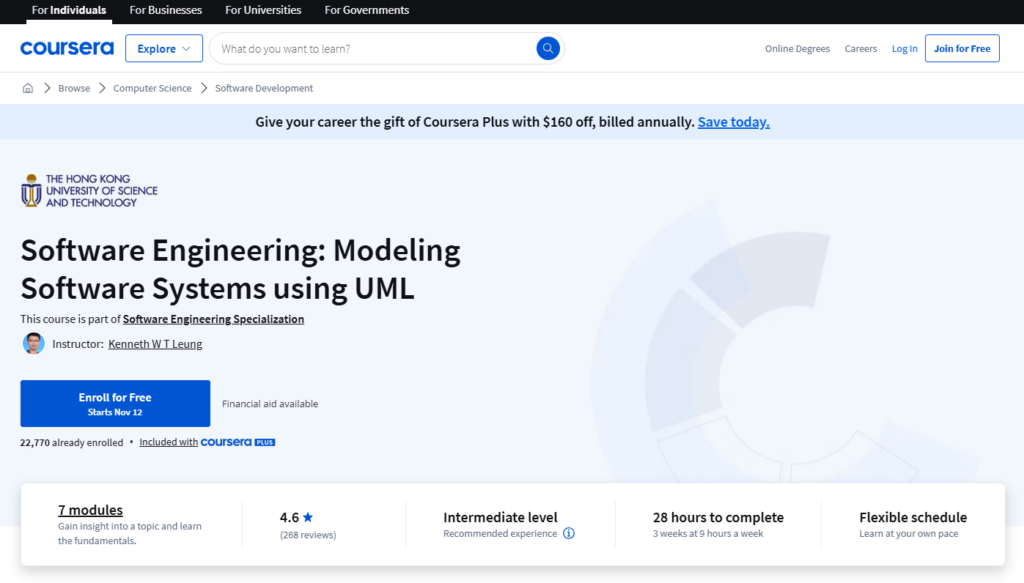All Categories
Featured
Table of Contents
- – 6 Easy Facts About Machine Learning In Product...
- – Not known Facts About 6 Steps To Become A Mach...
- – Get This Report about Machine Learning Is Sti...
- – The Facts About Machine Learning Developer Re...
- – All About Machine Learning Engineer Course
- – Artificial Intelligence Software Development...
My PhD was one of the most exhilirating and stressful time of my life. All of a sudden I was bordered by people that could address tough physics questions, recognized quantum technicians, and could come up with fascinating experiments that got released in top journals. I seemed like a charlatan the whole time. However I dropped in with a great group that encouraged me to discover points at my very own pace, and I spent the following 7 years finding out a lots of points, the capstone of which was understanding/converting a molecular dynamics loss feature (consisting of those painfully learned analytic by-products) from FORTRAN to C++, and composing a gradient descent routine right out of Numerical Recipes.

I did a 3 year postdoc with little to no artificial intelligence, simply domain-specific biology things that I didn't locate interesting, and ultimately procured a job as a computer system researcher at a national laboratory. It was a good pivot- I was a concept detective, indicating I could make an application for my very own grants, write documents, etc, but really did not have to show classes.
6 Easy Facts About Machine Learning In Production Shown
I still didn't "obtain" device discovering and wanted to work someplace that did ML. I tried to get a task as a SWE at google- went via the ringer of all the hard questions, and ultimately obtained turned down at the last step (many thanks, Larry Page) and mosted likely to function for a biotech for a year before I ultimately took care of to get hired at Google during the "post-IPO, Google-classic" period, around 2007.
When I reached Google I swiftly browsed all the projects doing ML and discovered that various other than advertisements, there actually had not been a lot. There was rephil, and SETI, and SmartASS, none of which appeared also remotely like the ML I was interested in (deep semantic networks). So I went and concentrated on other stuff- learning the distributed modern technology below Borg and Titan, and grasping the google3 pile and production environments, generally from an SRE viewpoint.

All that time I would certainly spent on equipment discovering and computer framework ... mosted likely to writing systems that filled 80GB hash tables right into memory so a mapper could compute a little component of some gradient for some variable. Sibyl was actually a terrible system and I got kicked off the group for telling the leader the best method to do DL was deep neural networks on high performance computing equipment, not mapreduce on cheap linux collection makers.
We had the information, the formulas, and the compute, all at once. And even better, you didn't need to be inside google to capitalize on it (except the large data, and that was altering swiftly). I understand enough of the mathematics, and the infra to lastly be an ML Designer.
They are under intense pressure to get results a few percent much better than their partners, and then when published, pivot to the next-next thing. Thats when I developed among my regulations: "The greatest ML models are distilled from postdoc tears". I saw a couple of individuals break down and leave the industry completely simply from dealing with super-stressful jobs where they did terrific work, yet only got to parity with a rival.
This has been a succesful pivot for me. What is the moral of this long story? Charlatan disorder drove me to conquer my charlatan disorder, and in doing so, in the process, I discovered what I was going after was not in fact what made me delighted. I'm much more completely satisfied puttering regarding using 5-year-old ML technology like item detectors to improve my microscope's capability to track tardigrades, than I am attempting to come to be a popular scientist that unblocked the tough troubles of biology.
Not known Facts About 6 Steps To Become A Machine Learning Engineer

I was interested in Equipment Knowing and AI in college, I never ever had the chance or persistence to go after that enthusiasm. Now, when the ML field grew exponentially in 2023, with the newest developments in big language designs, I have a dreadful hoping for the roadway not taken.
Scott chats regarding how he finished a computer scientific research degree just by following MIT educational programs and self examining. I Googled around for self-taught ML Engineers.
At this point, I am unsure whether it is feasible to be a self-taught ML engineer. The only means to figure it out was to attempt to try it myself. Nonetheless, I am confident. I plan on enrolling from open-source courses available online, such as MIT Open Courseware and Coursera.
Get This Report about Machine Learning Is Still Too Hard For Software Engineers
To be clear, my goal right here is not to construct the next groundbreaking model. I just want to see if I can get a meeting for a junior-level Artificial intelligence or Information Engineering task after this experiment. This is totally an experiment and I am not trying to transition into a duty in ML.

One more please note: I am not starting from scratch. I have strong history expertise of single and multivariable calculus, linear algebra, and statistics, as I took these programs in college about a decade earlier.
The Facts About Machine Learning Developer Revealed
However, I am mosting likely to leave out a number of these training courses. I am mosting likely to concentrate generally on Machine Learning, Deep understanding, and Transformer Design. For the first 4 weeks I am going to concentrate on ending up Device Discovering Specialization from Andrew Ng. The goal is to speed go through these very first 3 training courses and obtain a strong understanding of the basics.
Since you have actually seen the training course recommendations, below's a fast overview for your discovering equipment finding out journey. We'll touch on the prerequisites for a lot of equipment finding out programs. Advanced courses will certainly need the following knowledge before starting: Straight AlgebraProbabilityCalculusProgrammingThese are the general elements of having the ability to understand exactly how device finding out jobs under the hood.
The very first training course in this listing, Equipment Discovering by Andrew Ng, includes refresher courses on a lot of the math you'll require, but it could be testing to find out device learning and Linear Algebra if you haven't taken Linear Algebra prior to at the exact same time. If you need to comb up on the math needed, take a look at: I 'd recommend finding out Python since the bulk of great ML programs use Python.
All About Machine Learning Engineer Course
Furthermore, an additional exceptional Python source is , which has many complimentary Python lessons in their interactive web browser environment. After learning the prerequisite basics, you can start to truly understand just how the algorithms work. There's a base set of algorithms in artificial intelligence that every person should be familiar with and have experience utilizing.

The programs detailed over include basically all of these with some variation. Recognizing just how these methods job and when to use them will be critical when tackling new tasks. After the fundamentals, some more innovative techniques to learn would be: EnsemblesBoostingNeural Networks and Deep LearningThis is simply a begin, but these algorithms are what you see in a few of the most intriguing machine discovering services, and they're practical enhancements to your toolbox.
Learning equipment learning online is difficult and incredibly gratifying. It's important to remember that simply watching video clips and taking quizzes does not mean you're really finding out the material. Go into keywords like "equipment knowing" and "Twitter", or whatever else you're interested in, and hit the little "Create Alert" web link on the left to get emails.
Artificial Intelligence Software Development - Questions
Equipment understanding is unbelievably enjoyable and interesting to discover and experiment with, and I wish you found a training course above that fits your own trip right into this amazing area. Machine knowing makes up one component of Data Scientific research.
Table of Contents
- – 6 Easy Facts About Machine Learning In Product...
- – Not known Facts About 6 Steps To Become A Mach...
- – Get This Report about Machine Learning Is Sti...
- – The Facts About Machine Learning Developer Re...
- – All About Machine Learning Engineer Course
- – Artificial Intelligence Software Development...
Latest Posts
How To Create A Study Plan For A Software Engineering Technical Interview
Best Resources To Practice Software Engineer Interview Questions
10 Mistakes To Avoid In A Software Engineering Interview
More
Latest Posts
How To Create A Study Plan For A Software Engineering Technical Interview
Best Resources To Practice Software Engineer Interview Questions
10 Mistakes To Avoid In A Software Engineering Interview